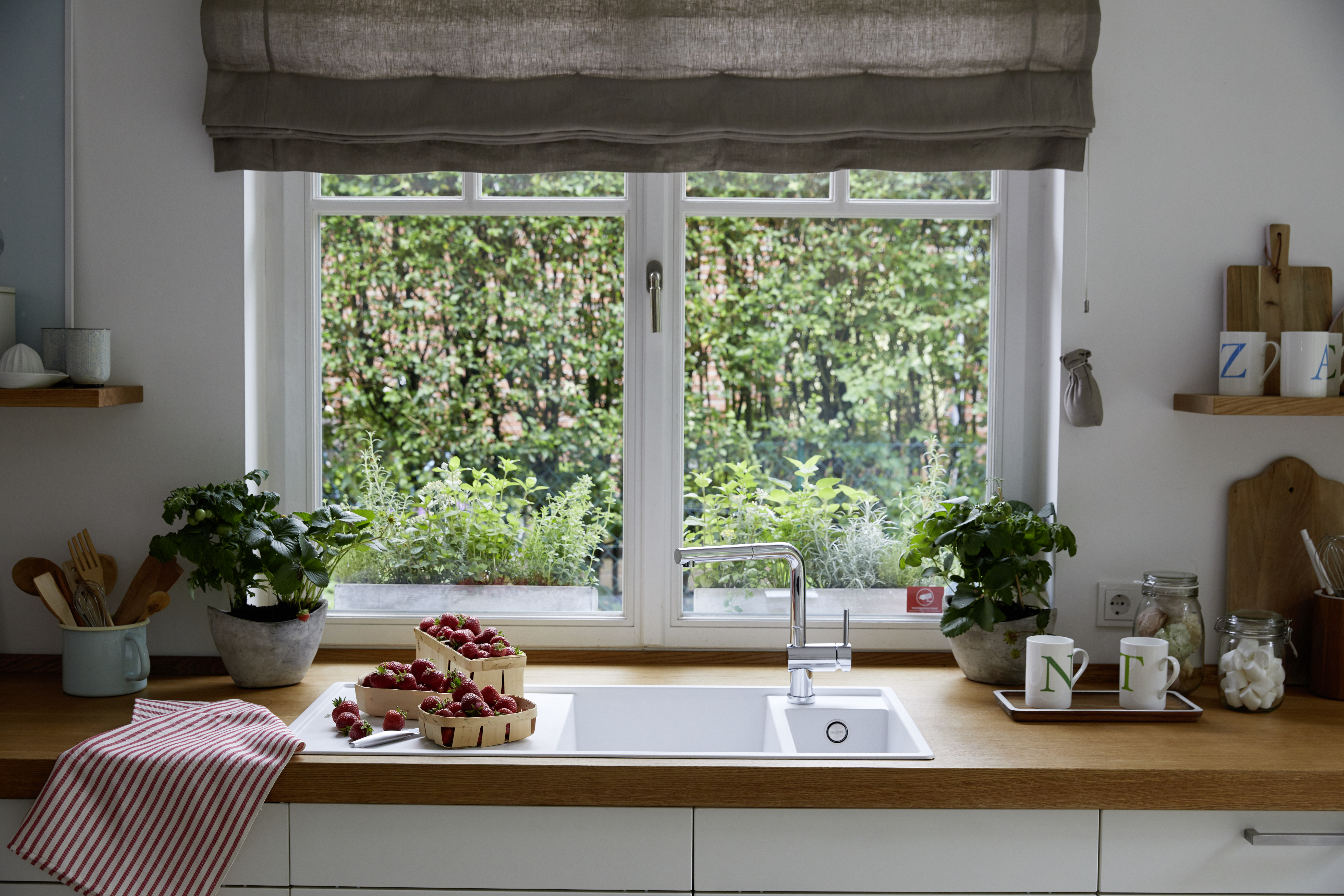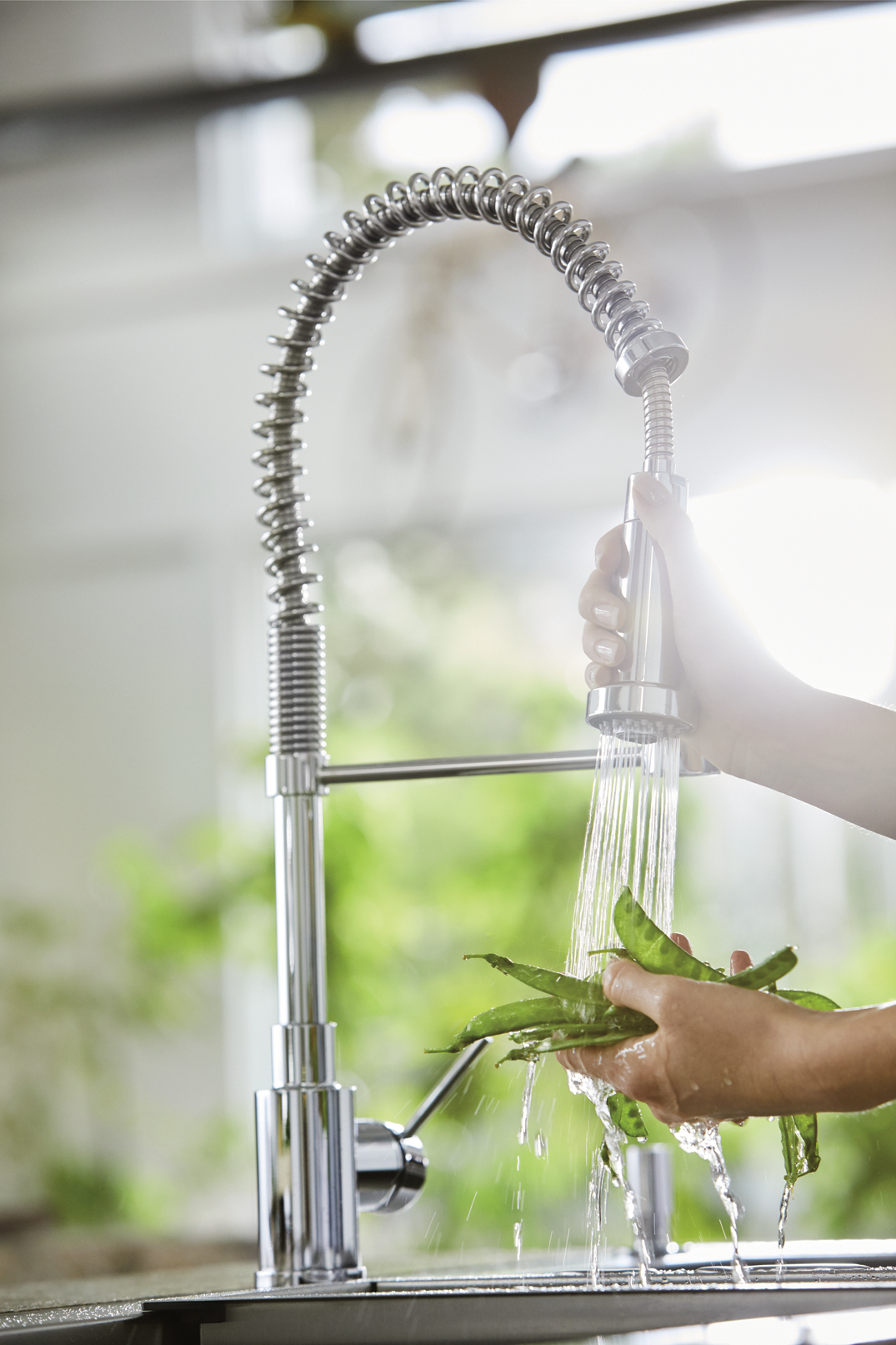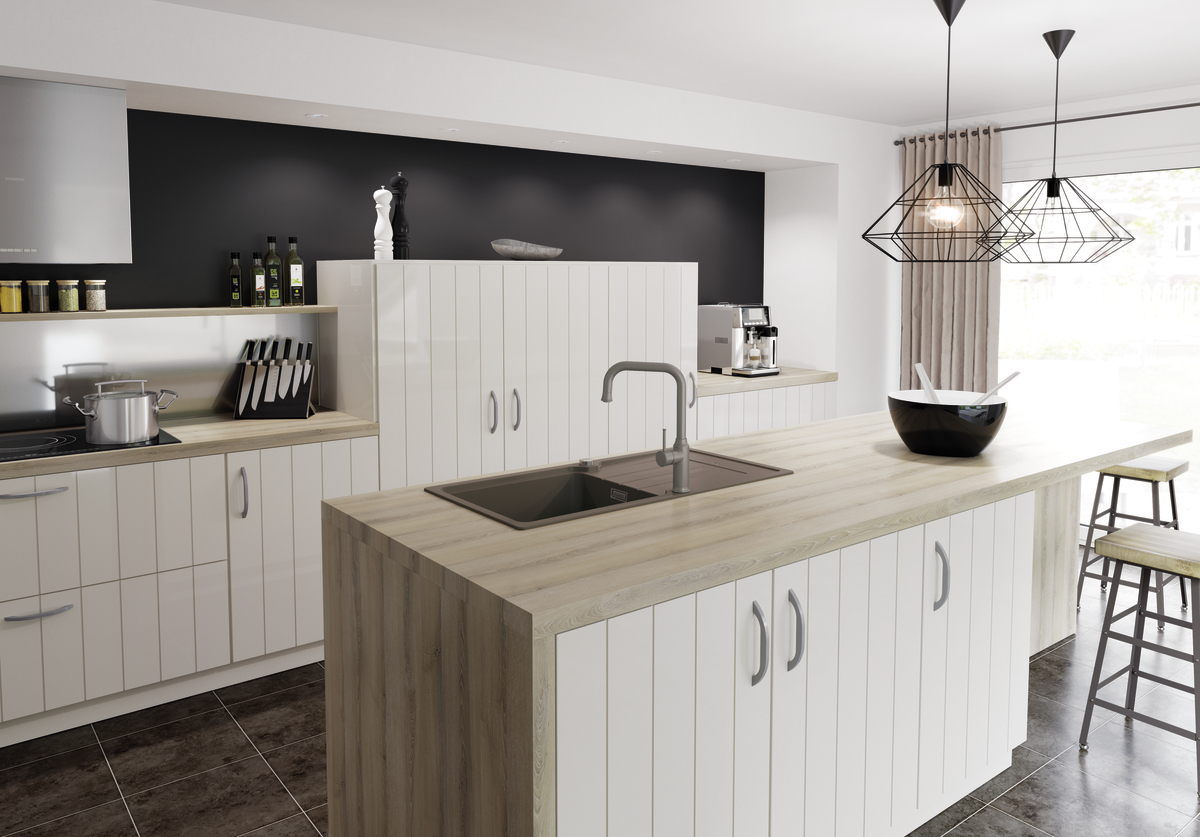Plants in the kitchen?
Kitchen windowsill gardening
Plants in the kitchen?
Planting has a remarkable ability to improve the quality of our air, even when we do it within our homes. In most cases, plants aren’t simply interior design accessories. They have a calming effect on us, invigorating our bodies, as well as providing pure visual pleasure. Indoor gardening can also supplement our home cooking with a plethora of herbs and microgreens.
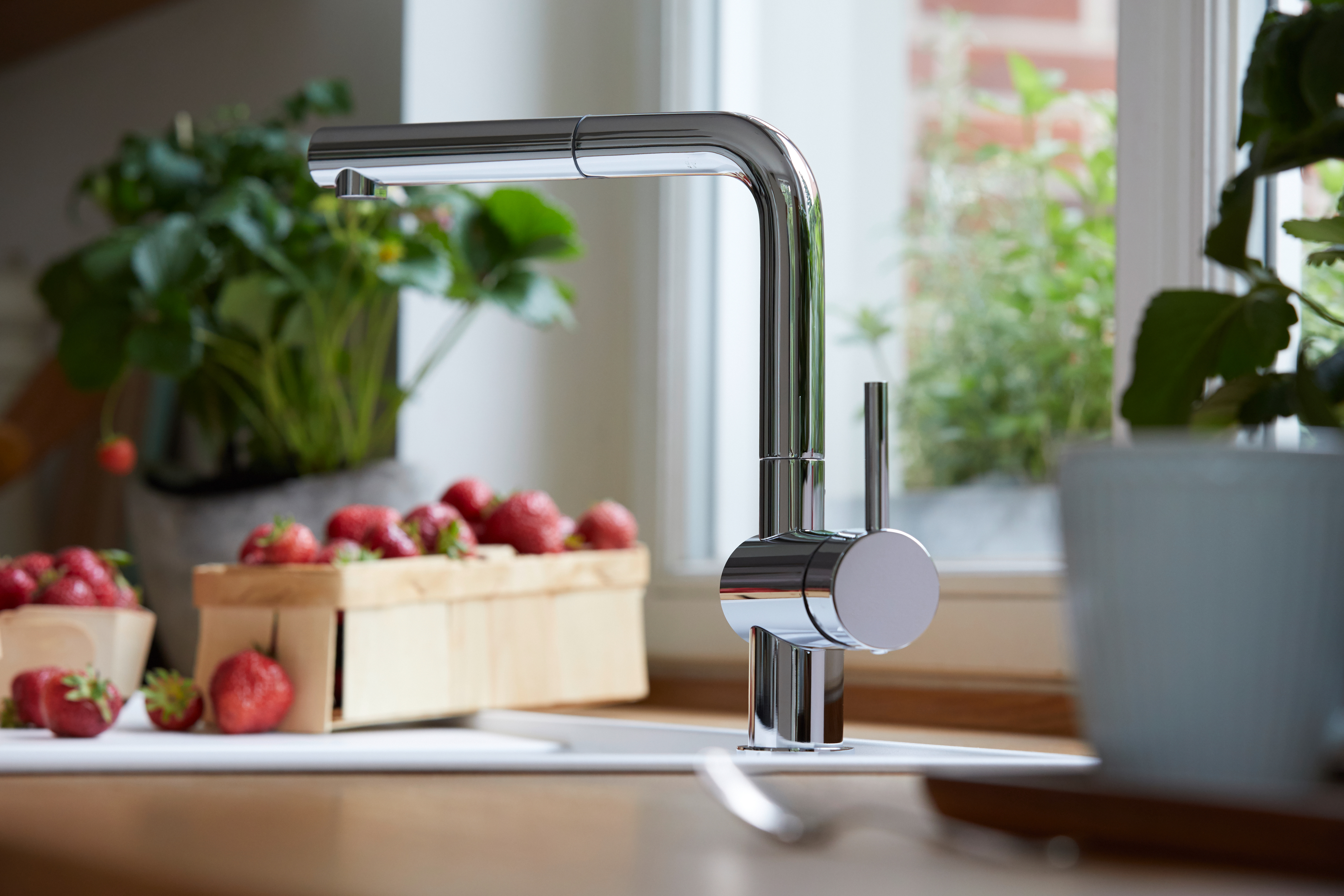
Cultivating plants within your own four walls
City apartments without their own gardens can be enhanced with pots of herbs and flowerpots bursting with fresh greenery. Indoor gardening is gaining in popularity. The trend for growing plants in the kitchen not only promotes physical health, but also has an uplifting effect on our spirits. What’s more, growing plants in the kitchen doesn’t require much space. Wall-mounted containers or shelves of plants on the windowsill are also suitable for growing herbs and vegetables. Although they can really transform your home, herbs do not require much from their environment, and success is almost guaranteed.
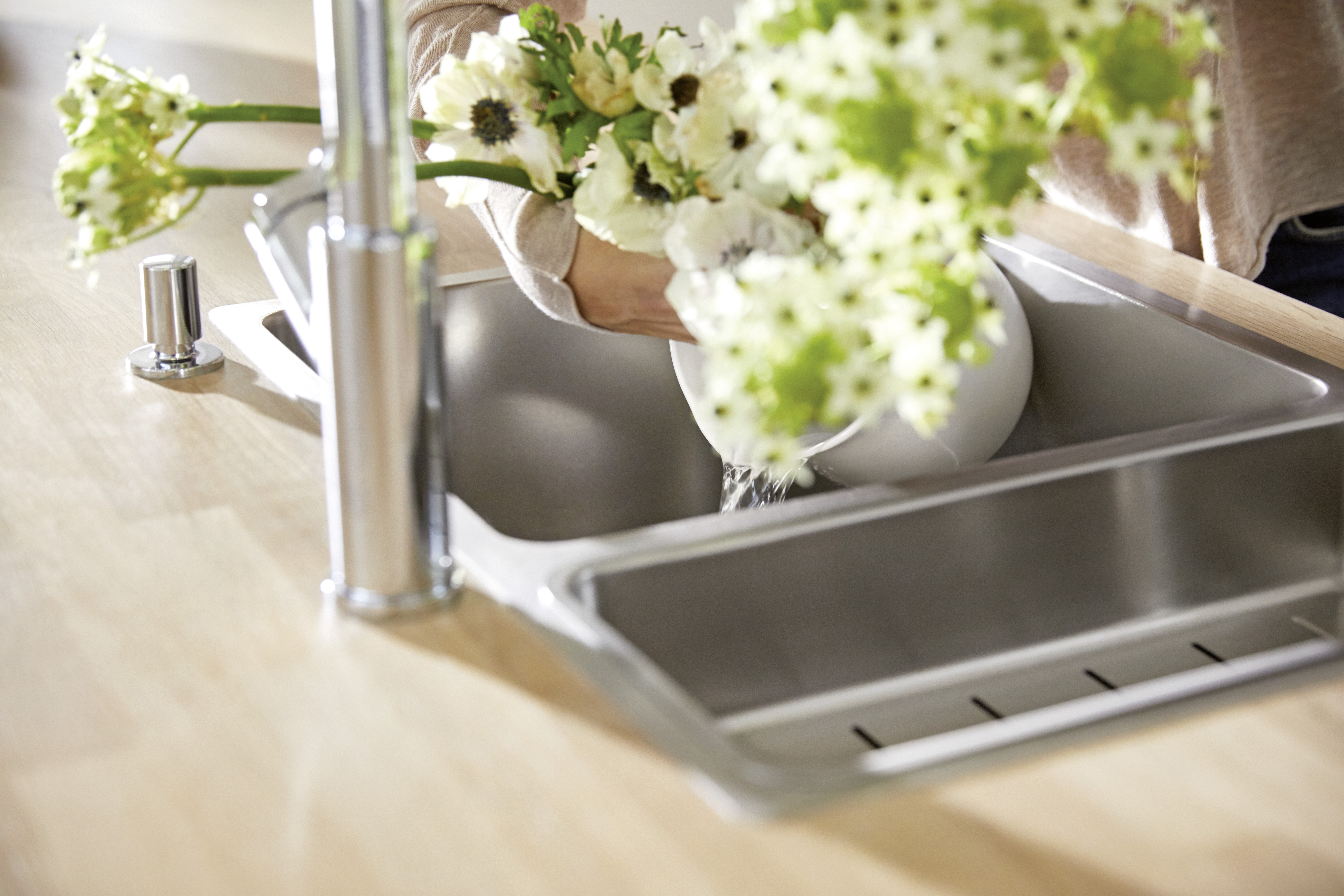
What you can grow in the kitchen
In many ways, the kitchen is the right place for herbs. They don’t just have to be cooked here. Rosemary, thyme, parsley, cress, chives and basil are most commonly found in the kitchen. Rocket, tomatoes and peppers also thrive on the windowsill. Plants can be lavished with attention, light and water here. The amount of each that they require will depend on the plant.
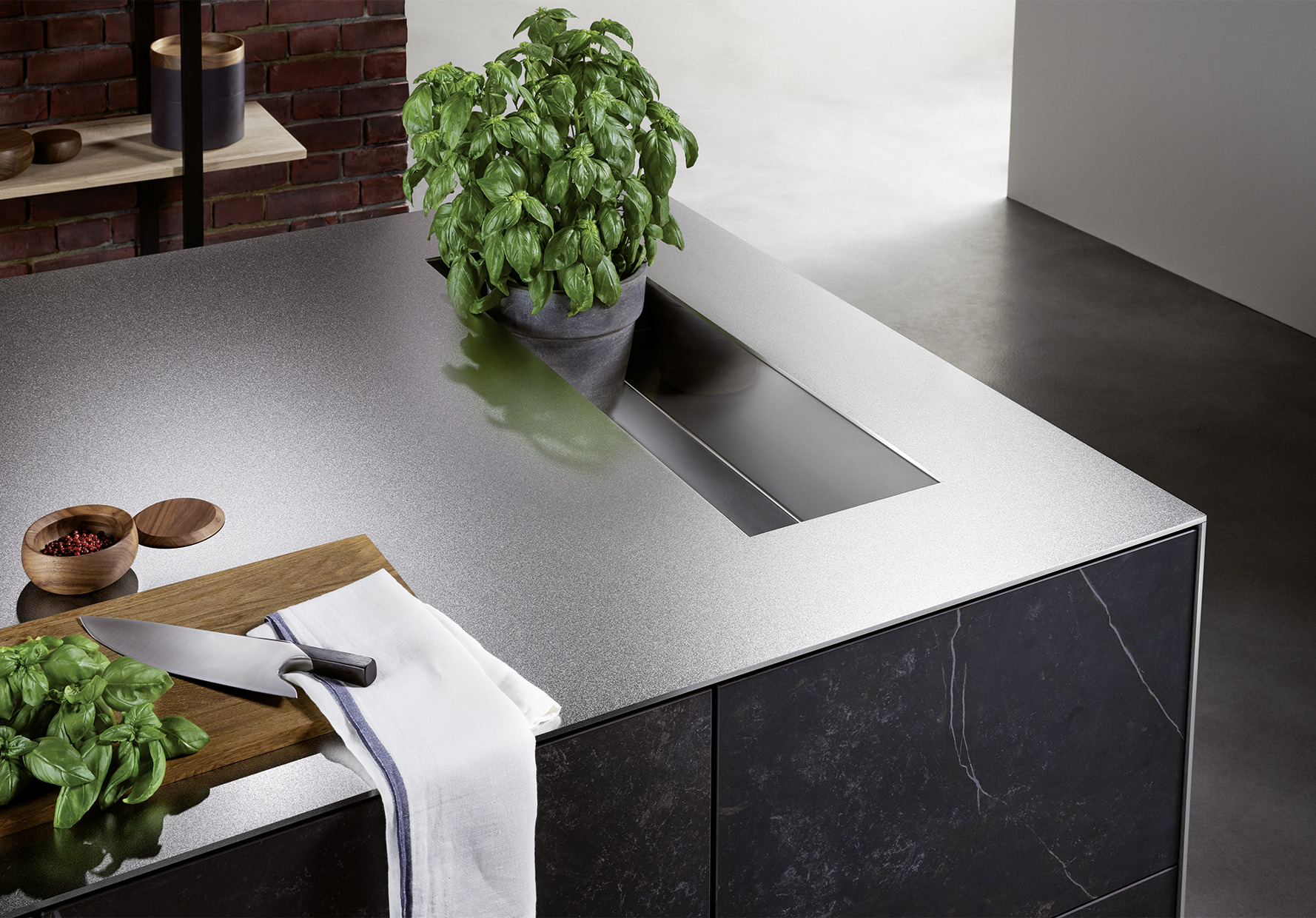
How much light does a plant need?
As an indication of the type of care that a plant requires, woody herbs such as rosemary or thyme generally need a bright, sunny spot, while non-woody herbs like parsley and chives can thrives in less light or half-shadow.
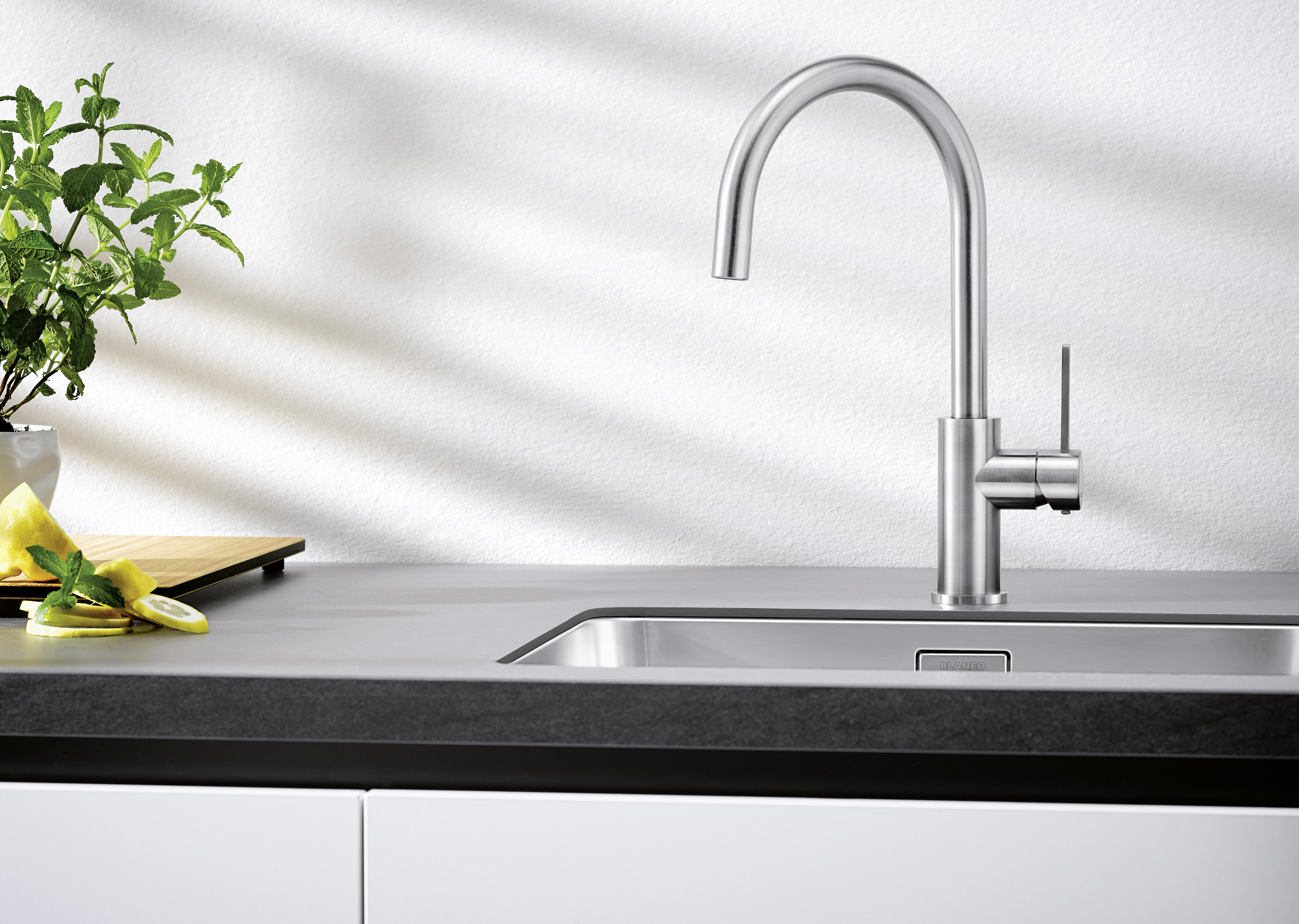
Proper watering for indoor gardening
Tubs of herbs with an inbuilt water reservoir prove extremely practical when it comes to ensuring that your plants are getting enough water. However, if you’re growing any kind of herbs in a conventional pot, good water drainage will be a top priority. If possible, the soil in which your herbs are growing should never be allowed to dry out completely, nor should it ever be absolutely saturated. You should adjust your watering regime depending on the amount of sunlight and the time of year. A pull-out spray in the kitchen mixer tap that enables watering directly via the mixer tap can prove useful.
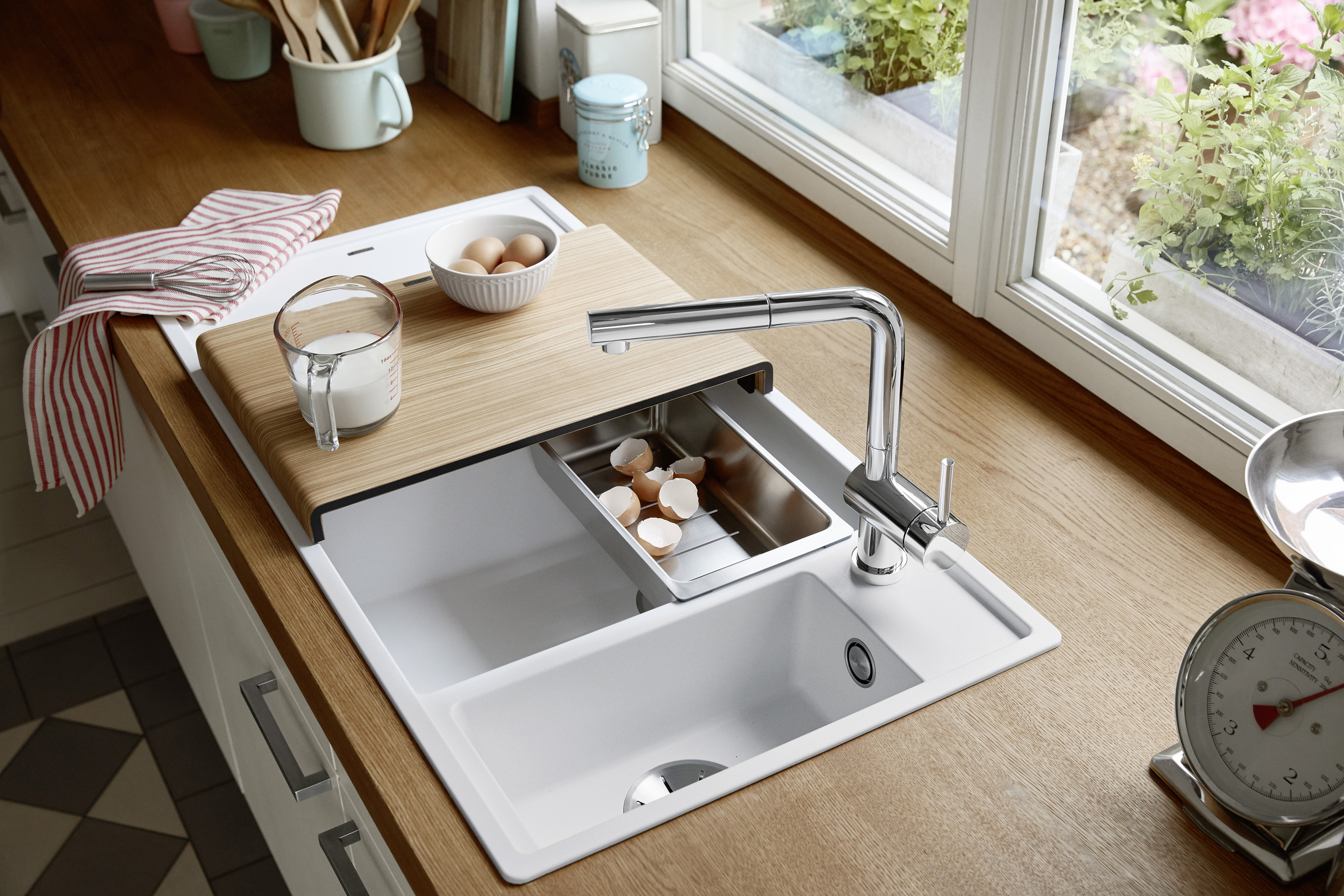
Wind is a factor alongside light and water
We often overlook the effect of air circulation when it comes to indoor gardening. This ensures that plants move, thus warding off diseases that can affect the leaves. Regularly airing or a ventilator can help with this.
